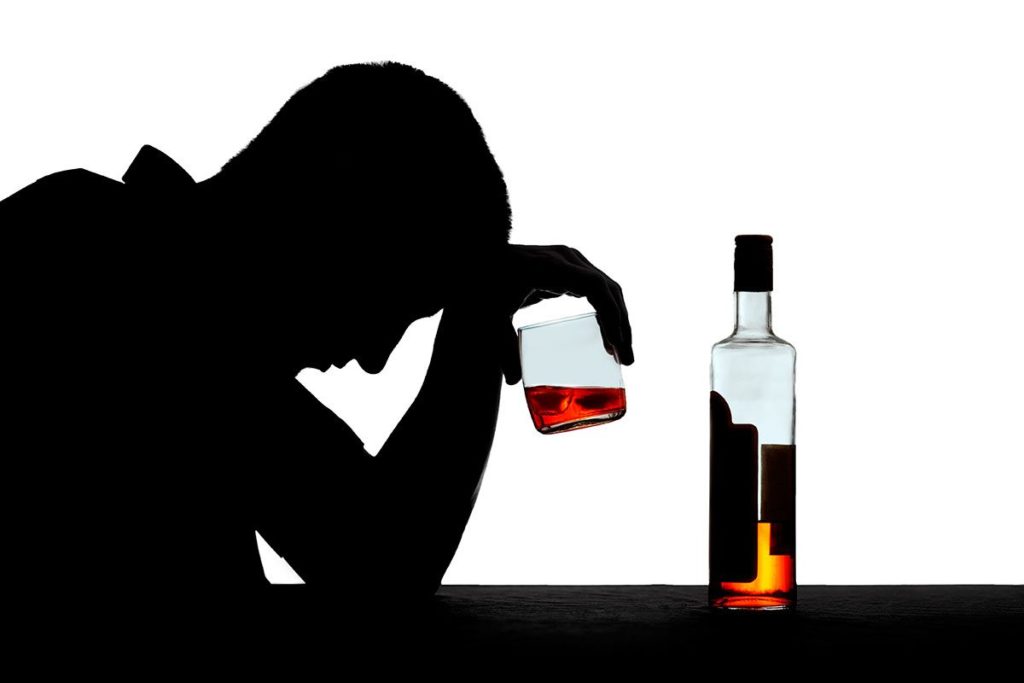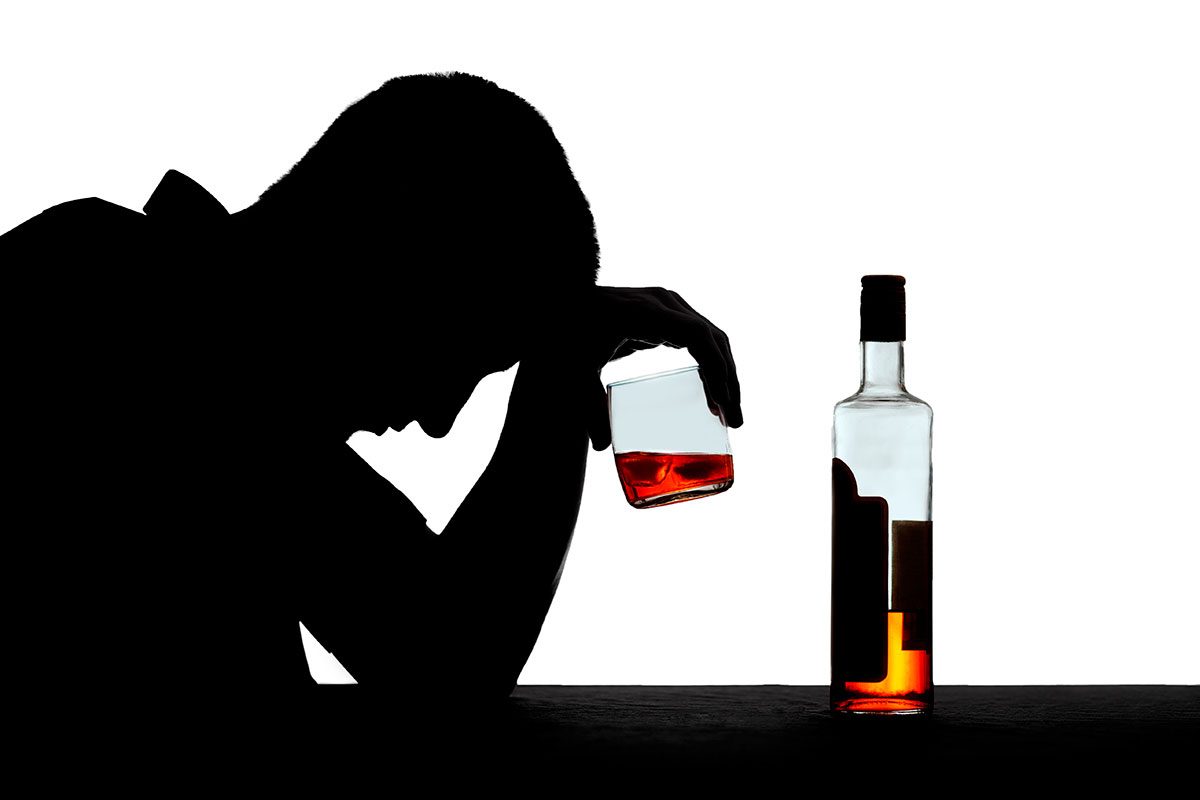
Alcohol use disorder manifests when you drink so much that your body becomes dependent on alcohol. Are you struggling with AUD? You are not alone. 15.1 million adults and 623,000 adolescents in the United States suffer from AUD. You can contact the mental health treatment program for alcohol use disorder in Calabasas to get help.
What is AUD?
In 2013, DSM updated its categorizations of abnormal alcohol abuse. It combined the two former classifications, alcohol abuse, and alcohol dependence, into one diagnosis: alcohol abuse disorder.
AUD was further classified, according to severity, as mild, moderate or severe.
Alcohol use disorder is now defined as a chronic relapsing brain disease. It is characterized by compulsive alcohol use, excessive alcohol intake, and withdrawal symptoms when not using.
Causes of AUD
AUD develops when you take so much alcohol that chemical changes occur in your brain. These changes cause you to associate pleasurable feelings with drinking alcohol. As a result, you frequently drink even when you are aware that you are harming yourself.
Scientists also suggest that a complex interaction of genes with the environment and other medical issues may cause AUD. One study showed that 77% of people with AUD had a pre-existing medical condition or history of trauma.
Self-Testing AUD
Alcohol is considered a social lubricant and is acceptable in many social forums. Consequently, it is not easy to recognize if your alcohol intake is a problem. If you fear you might have an alcohol use disorder, the first step is to check for symptoms.
As part of the 2013 update, DSM-V offers 11 symptoms you can use to determine if you are suffering from AUD. Try answering the following questions. Do you:
- Often taken alcohol in more copious amounts or over more extended periods than you intended?
- Persistently and unsuccessfully try to control your drinking?
- Spend a lot of time obtaining alcohol, using it, or recovering from its effects?
- Have a frequent strong urge to drink alcohol?
- Repeatedly fail to attend to obligations at home, work, or school because of your alcohol use?
- Continue to use alcohol despite having recurrent social or interpersonal problems?
- Miss social or recreational commitments due to alcohol use?
- Use alcohol recurrently in situations in which it is physically hazardous?
- Continue to use alcohol despite physical or psychological problems likely caused by it?
- Need increased amounts of alcohol to achieve intoxication or experience a diminished effect with continued use of the same amount of alcohol?
- Experience withdrawal symptoms and use alcohol to relieve these symptoms?
If your answer to any of these questions was yes, you might have an AUD. You can use the following index to check the severity. According to DSM-V:
- Mild – is represented by the presence of 2-3 symptoms
- Moderate – 4-5 symptoms
- Severe – 6 or more symptoms
Professional Diagnosis and Treatment
Self-testing is not always accurate. You are not suffering from an AUD simply because you exhibit some of these symptoms. It would help if you got a professional opinion. Your doctor will ask you some questions about your drinking and carry out a physical exam.
If found to have an AUD, the good news is, it is treatable. Treatment is geared towards abstinence and may include detoxification, rehabilitation, and counseling. Your doctor may also address any health problems associated with your AUD.
Some forms of treatment include taking medications to control addiction.
In conclusion
Recovering from an AUD is not easy. Apart from severe withdrawal symptoms, extended alcohol use causes health complications. Some of them include liver damage, cancer, high blood pressure, and depression.
If you discover you, or a relative, have an AUD, seek professional help. It is also vital to your recovery that you have a stable support system.
